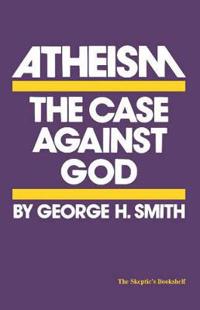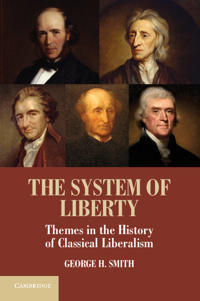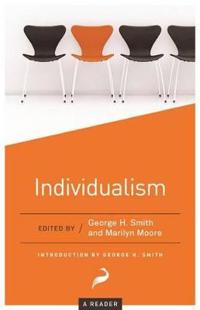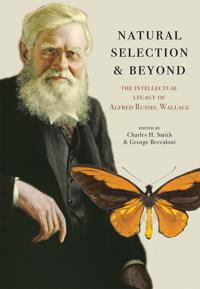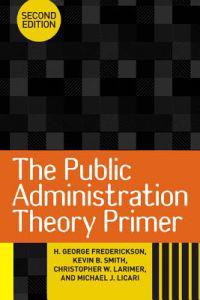The System Of Liberty (Pocket)
avGeorge H. Smith
ISBN: 9780521182096 - UTGIVEN: 2013-04-22This book demonstrates a conceptual unity within the manifestations of classical liberalism by tracing the history of several interrelated and reinforcing themes.[...]
Atheism (Häftad)
avGeorge H. Smith
ISBN: 9780879751241 - UTGIVEN: 199412With this intriguing introduction, George H Smith sets out to demolish what he considers the most widespread and destructive of all the myths devised by man - the concept of a supreme being. With painstaking scholarship and rigorous arguments, Mr. Smith examines, dissects, and refutes the myriad "pr[...]
The System of Liberty (Inbunden)
avGeorge H. Smith
ISBN: 9781107005075 - UTGIVEN: 201304Liberal individualism, or 'classical liberalism' as it is often called, refers to a political philosophy in which liberty plays the central role. This book demonstrates a conceptual unity within the manifestations of classical liberalism by tracing the history of several interrelated and reinforcing[...]
Individualism (Pocket)
avGeorge H. (EDT) Smith, Marilyn (EDT) Moore, George H. (EDT) Smith
ISBN: 9781939709639 - UTGIVEN: 2015-04Individualism is one of most criticized and least understood ideas in social and political thought. Is individualism the ability to act independently amidst a web of social forces? A vital element of personal liberty and a shield against conformity? Does it lead to or away from unifying individuals [...]
Natural Selection and Beyond (Pocket)
avCharles H. Smith, George Beccaloni, Charles H. Smith
ISBN: 9780199239177 - UTGIVEN: 201004Alfred Russel Wallace (1823 - 1913) was one of the late nineteenth century's most potent intellectual forces. His link to Darwin as co-discoverer of the principle of natural selection alone would have secured him a place in history, but he went on to complete work entitling him to recognition as the[...]
Public Administration Theory Primer (Häftad)
avH. George Frederickson, Kevin B. Smith, Christopher W. Larimer
ISBN: 9780813345765 - UTGIVEN: 201112"The Public Administration Theory Primer" explores how the science and art of public administration is definable, describable, replicable, and cumulative. The authors describe several theories and analytical approaches that contribute to what we know about policy administration and consider which ar[...]


